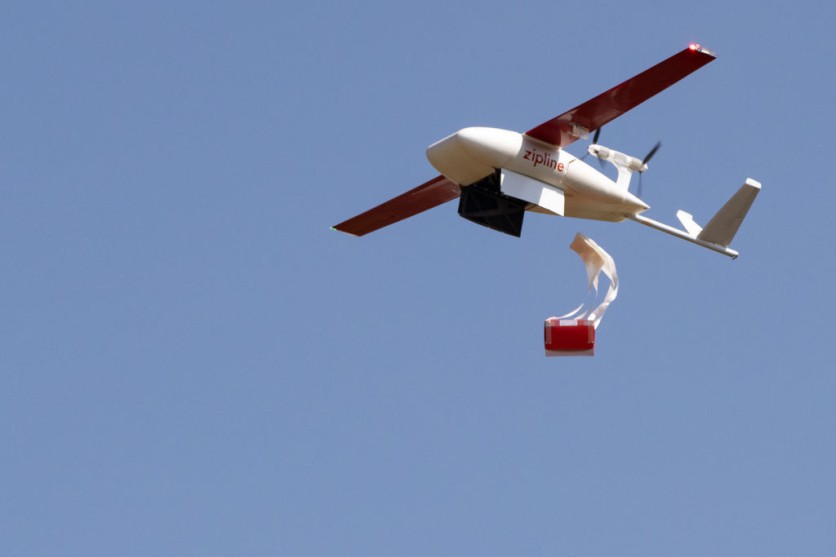Michigan Medicine and Zipline have partnered to create an autonomous electric drone that will deliver prescription medicines, according to Detroit Free Press.

Next-Generation Drone Platform
The drone service will be free and will bring medicines directly to patients' doorsteps in Washtenaw County. The goal is that these drones will expand access to speciality pharmacy medication of for those with complex and rare diseases.
Currently, Michigan Medicine fills around 275,000 prescriptions every year to patients outside the hospital. It is estimated that 25-30 percent of them will be able to try drone delivery in the first year.
Opioids and other controlled substances can't be delivered by drone. On the other hand, temperature-controlled medications can be delivered by drone.
The drone will have around a ten-mile radius from Michigan Medicine's speciality care pharmacy in Dexter, which will open later this year.
Also read: Zipline P2 Zip: New Machine for Precise Drone Delivery Debuts, to Bring Packages Better and Quieter
Zipline's Continuous Success
In addition, drones can deliver day or night and through inclement weather. They are also sustainable, quiet, safe, and fast. It can be recalled that Zipline started delivering blood to health facilities and hospitals in Rwanda in 2016. Since then, they have grown to operate in seven countries across three continents.
That said, the company has flown over 40 million autonomous miles and completed over 500,000 deliveries to customers. On average, a person receives a Zipline delivery every 90 seconds.
The packages can be tracked in real-time, which will allow patients and medical staff to know when it arrives via the Zipline app or website.
The Rise of Drones in Healthcare
Drones are increasingly being used in healthcare to deliver medical supplies, drugs, and other necessary items.
In rural areas, drones can be used to deliver medical supplies to remote locations that are inaccessible by traditional means. This can help reduce the cost of transportation, increase delivery speed, and reduce the risk of human error.
Drones can also be used to transport medical samples and medicines. This can help reduce the time it takes for a lab to receive a sample and test it. Drones can also be used to deliver medical equipment to remote areas, such as defibrillators, which can be used to save lives in emergencies.
In addition, drones are helping to reduce healthcare costs by reducing the need for costly infrastructure investments. They can also help to speed up the delivery of medical supplies and services, reducing wait times for patients.
Overall, drones have the potential to revolutionize the healthcare industry. They can reduce costs, reduce delivery times, and improve patient outcomes. As technology continues to improve, the use of drones in healthcare will likely continue to increase.

ⓒ 2026 TECHTIMES.com All rights reserved. Do not reproduce without permission.




